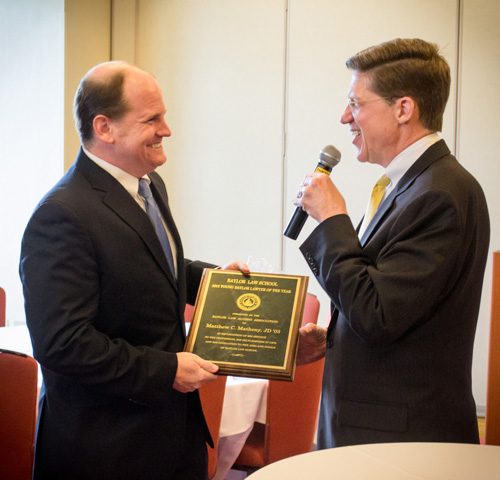On the Concept of Lawyer’s Club

Charged With a DUI- What to Do Before You Start Calling DUI Lawyers?
August 12, 2015
Fairfax DUI Attorney| Virginia Criminal Defense Law Firm
November 12, 2015
Concept of Social Justice Under Lawyer’s Club
Locating a great attorney can be a daunting task for some people. Many suits go haywire because of the lack of efficient communication between the client and his advocate. With due respect to the noble profession, a majority of the professionals are far too busy and they do not have time to pay attention to what the client might be talking about. Most attorneys are playing the double role of an advocate and a solicitor at the exact same time. Doing justice to each customer’s grievances and special demands for redressal becomes impossible for many law professionals. Many wish to recast the key problem in a preconceived framework that may or may not satisfy the real case. Such a bias might frequently spoil the value of a case.
There is a clear distinction between attorneys who appear in trials of offenders, suspects and convicts, and the attorneys who practise civil processes. It is not surprising that in the lower courts, attorneys dealing with the criminal cases start to believe in the offender’s’ paradigm. Most advocates don’t have any professional expertise in criminal psychology as well as the associated areas. But in the interest of their particular profession they frequently need to get themselves in the shoes of the offender or the defendant to be able to get to the bare truth. They do it to find the appropriate alibi when defending. Within a framework where the judicial procedure is slow to say the least, there’s every possibility that another suit of an alternative theme and of distinct value would intercede while the advocate himself was busy defending a victim or the perpetrator of crime. In this situation, our learned friend would usually attempt both case or suits. He may try to slow down one of the suits a little so that he has adequate time to get out of the first one. He may even attempt the second suit in the outlook of the first. Both are on the incorrect side. However, if one studies reliable surveys he would find enough data to support the above mentioned perspective. It is even more so in countries like India where the judiciary is too slow. In no country on the planet, the crime rate would be lower than the speed of disposal of the suits by the judiciary.
Here comes the idea of a free floating representative such as the attorney’s’ club. Personally, I’ve been a member of one such online club for a few years now. I have to say the theory works pretty well.. However, how practicable the theory is in light of the real persuasion of the suits is still a subject of discussion. The fundamental notion is of having an open forum of advocates from various areas of specialisation; say an open market of opinions, rather than a close door little chamber of the advocate or a law firm. At such places a limited variety of opinions are accessible at just about any specified point of time. The client, whether a plaintiff or an accused, may present his case openly before the panel, hiding the actual identity if it is essential for the benefit of secrecy to be preserved. Here, a large number of the learned professionals are free to write back their views, ideas and recommendations. In case the client finds one of the solutions apt to his prudence, then he might then continue the discussion with the advocate or solicitor at a private level. This dialog afterward might result in a genuine demonstration with proper authority before some court of law.
Nevertheless, there are two serious issues here. One, the client needs to be clever enough to find and judge the correct response from the host of varied opinions. In many cases this may not work for the client, if the accused himself neglects the motive and justification. Secondly, a problem of authority appears. The attorney who gave the correct response might not be authorised to continue at the desired forum. A broader network of the professionals is needed to solve such problems.
Read More : Fairfax DUI Attorney| Virginia Criminal Defense Law Firm



